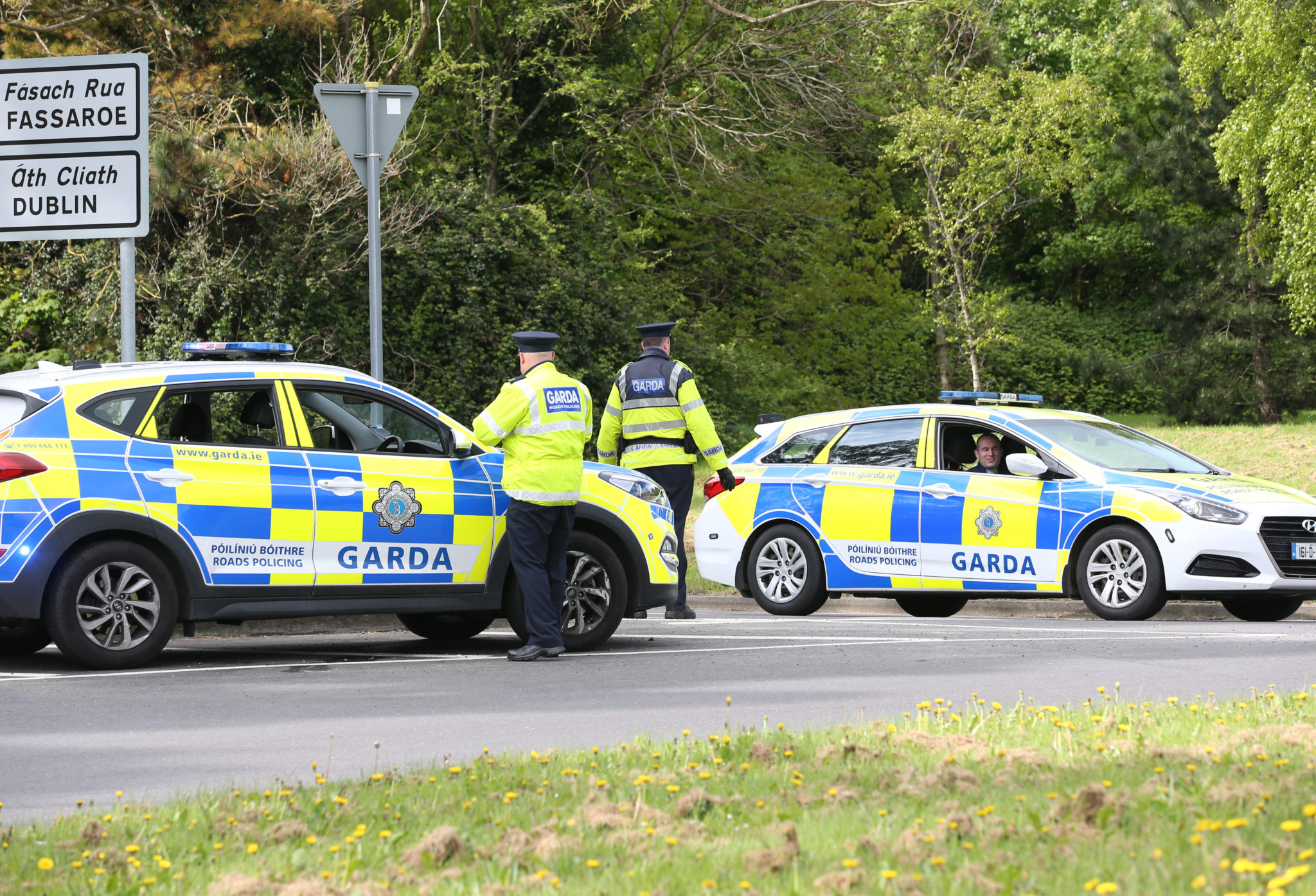We need to get past the idea that lockdowns are the answer to coronavirus outbreaks, according to an immunology expert.
It comes after the Health Minister Stephen Donnelly warned that the virus was “close to having us lock down the country again.”
He told the Oireachtas COVID-19 Committee that the country was at “tipping point” and insisted authorities were “doing everything we can to suppress this virus to stop a second lockdown.”
“If there is a second wave, the Government will have to consider the blunt instrument which we know works, that is, a lockdown,” he said. “We are doing everything we can to avoid that.”
On Newstalk Breakfast this morning, Paul Moynagh Professor of Immunology at Maynooth University said it is time to leave lockdowns behind.
“It is generally recognised that lockdown is a very blunt instrument,” he said. “It is very hash on the country. It has paralysed the country actually, economically and also in terms of healthcare provision and socially.
“So, I think we need to move beyond that. I think we have learned more; we have had more than six months experience of this virus and we need to move beyond lockdown.
“There seems to be this default notion of responding by going to either local or full lockdown and we need to be more targeted.”
 A Garda check point on the Upper Dargle Road near Bray as Gardaí continue a major operation to limit public travel, 28-04-2020. Image: Sasko Farrell/RollingNews
A Garda check point on the Upper Dargle Road near Bray as Gardaí continue a major operation to limit public travel, 28-04-2020. Image: Sasko Farrell/RollingNewsHe next the next phase of the response must be built around personal responsibility and a strong, robust testing and tracing system that can, “identify outbreaks in those high-risk areas very early on.”
“Identify them before they become larger outbreaks and get into the community,” he said.
“So, I think that is really the approach and we really need to move beyond this situation where, by default, we are going to go into lockdown.”
Reinfection
Meanwhile, Professor Moynagh said this weeks’ reports of a patient in Hong Kong becoming reinfected with the virus for a second time, “don’t come as much of a surprise.”
“I think what it tells us is that first-of-all we don’t get lasting full immunity against the virus,” he said.
“This person, upon first infection, suffered symptoms but on second infection was asymptomatic.
“So, basically what this is telling us is that this type of immunity in this person was not full immunity; it was not sterilising immunity; the person was still susceptible to the virus but importantly the immunity prevented that person from getting very sick.
“That is probably what we are going to be looking at.”
Vaccine
He said there are now nine vaccine candidates in Phase Three of testing but warned there are “many challenges along the way” before any become available.
“I think the vaccine will help us; it will stop us from getting sick,” he said. “But waiting for the vaccine to eradicate the virus, I don’t think that is a good strategy.
“We need to look at a situation where, certainly, we are living with this virus for the next number of years and, possibly, we may end up with a situation like other coronaviruses where it becomes endemic and we are living with it permanently.”
You can listen back here:









